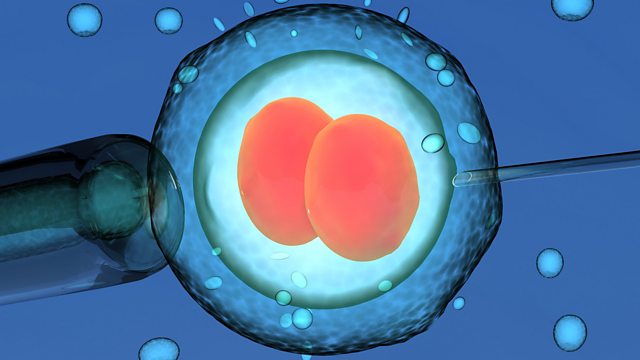Gene Editing Human Embryos
Using gene editing in human embryos. Also, hunting for the invasive Harlequin ladybird and big data reveals one and a half thousand more minerals yet to be discovered.
Hypertrophic cardiomyopathy is the heart condition that can lead to seemingly fit and healthy people collapsing with heart failure. It affects one in 500 people worldwide. It’s a heritable disorder. Scientists using the precise gene editing technique, Crispr CAS 9, have identified one of the genes responsible for the disease, and attempted to repair it in very early stage human embryos in the lab.
An app to help identify invasive Harlequin ladybirds in the UK has been mapping their spread across the globe.
All living flowers ultimately derive from a single ancestor that lived about 140 million years ago.
Pollination rates drop overnight as pollinators get confused by artificial lights.
Big data analysis on Earth’s known minerals have been used to predict that there are more than one and a half thousand more minerals yet to be discovered. This big data analysis even tells scientists what to look for and where to find them.
Presenter: Roland Pease
Producer: Caroline Steel
Image caption: Human embryo twin © Getty Images
Last on
More episodes
Broadcasts
- Thu 3 Aug 2017 19:32GMT�鶹������ҳ��� World Service except News Internet
- Fri 4 Aug 2017 02:32GMT�鶹������ҳ��� World Service Americas and the Caribbean
- Fri 4 Aug 2017 04:32GMT�鶹������ҳ��� World Service except Americas and the Caribbean, East and Southern Africa, News Internet & West and Central Africa
- Fri 4 Aug 2017 06:32GMT�鶹������ҳ��� World Service East and Southern Africa
- Fri 4 Aug 2017 13:32GMT�鶹������ҳ��� World Service Australasia
- Sun 6 Aug 2017 00:32GMT�鶹������ҳ��� World Service except News Internet
Podcast
-
![]()
Science In Action
The �鶹������ҳ��� brings you all the week's science news.


